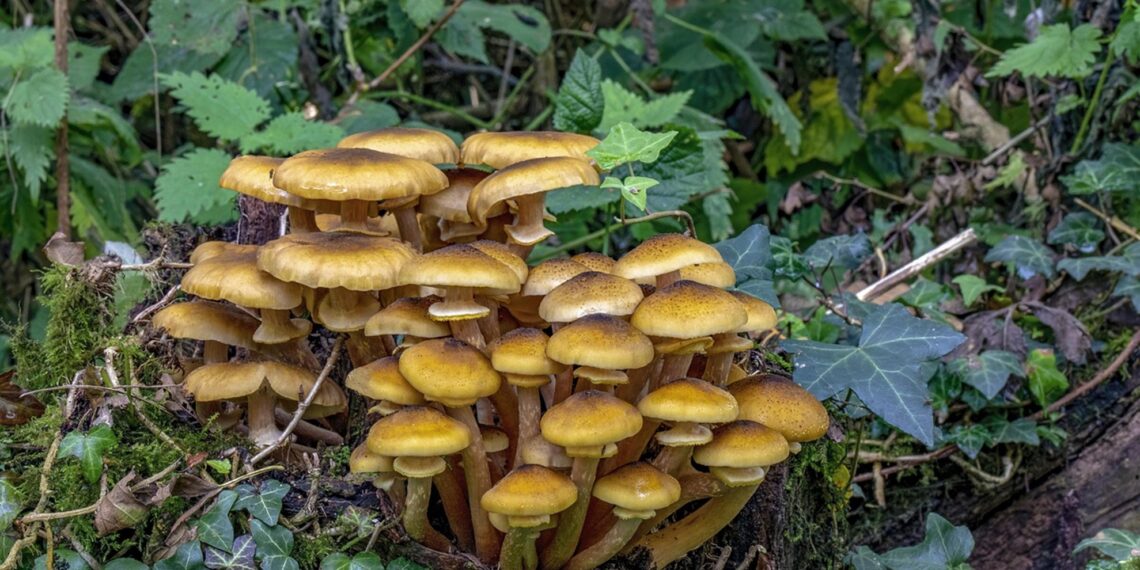Shillong: Mushroom poisoning has claimed six lives in Meghalaya’s East Jaintia Hills district since the beginning of 2025, highlighting ongoing health risks tied to foraging practices in rural communities.
Health officials have recorded 15 cases so far this year, according to the District Medical & Health Officer (DMHO).
Authorities attribute the fatalities to the accidental consumption of toxic wild mushrooms, which are often mistaken for edible varieties due to their similar appearance.
The risk is especially high during the monsoon season, from April to October, when wild mushrooms grow abundantly in forested areas.
“These cases largely occur in rural regions where residents collect and consume wild mushrooms as a food source,” the DMHO stated on Wednesday, noting that both children and adults have been affected.
The department warned that misidentification of mushroom species is the leading cause of such poisonings.
Many dangerous varieties closely resemble edible ones in colour and shape, making them nearly impossible to distinguish without proper training.
In an advisory, the DMHO detailed the symptoms of mushroom poisoning, which often begin with nausea, vomiting, abdominal cramps, and diarrhea.
In more severe cases, symptoms can escalate to intense thirst, excessive sweating, hallucinations, coma, and even liver failure.
To assist the public in identifying toxic mushrooms, the health department offered several guidelines: poisonous mushrooms may turn green or purple when cut, and they often produce an unpleasant odor or a burning sensation when handled.
In contrast, edible mushrooms typically contain worms and lack cap scales, which are common in toxic varieties.
Meanwhile, the Ri-Bhoi District Police have issued a public warning urging residents to avoid harvesting or consuming wild forest mushrooms without expert identification.
The advisory comes amid repeated incidents over the years, particularly from the Ri-Bhoi region, where seasonal foraging has led to multiple hospitalizations and fatalities.
ALSO READ: Meghalaya CM grants Rs 1 crore to Nazareth Hospital to boost healthcare infra
With the end of the dry season prompting the rapid growth of wild mushrooms, the government has emphasised the need for caution.
The fungi often appear suddenly and are casually gathered from the forest, leading to dangerous consequences when consumed without verification.
Authorities are urging anyone who suspects mushroom poisoning to seek immediate medical care at the nearest primary or community health centre to prevent complications or death.















